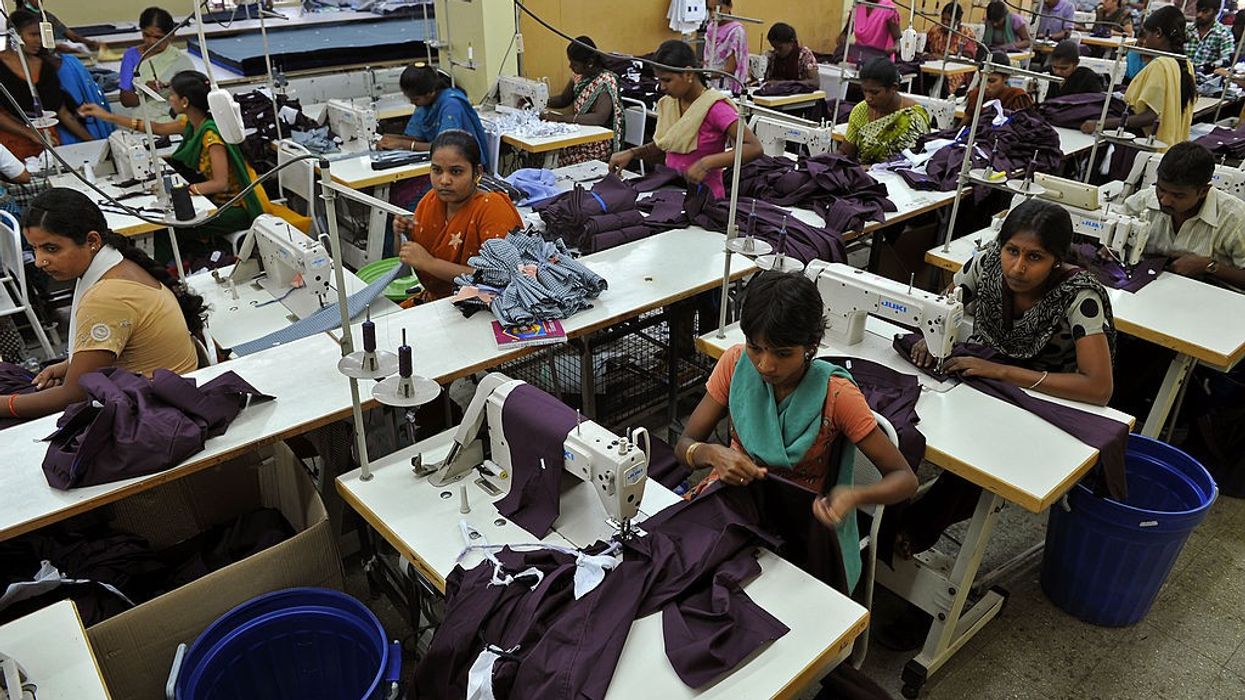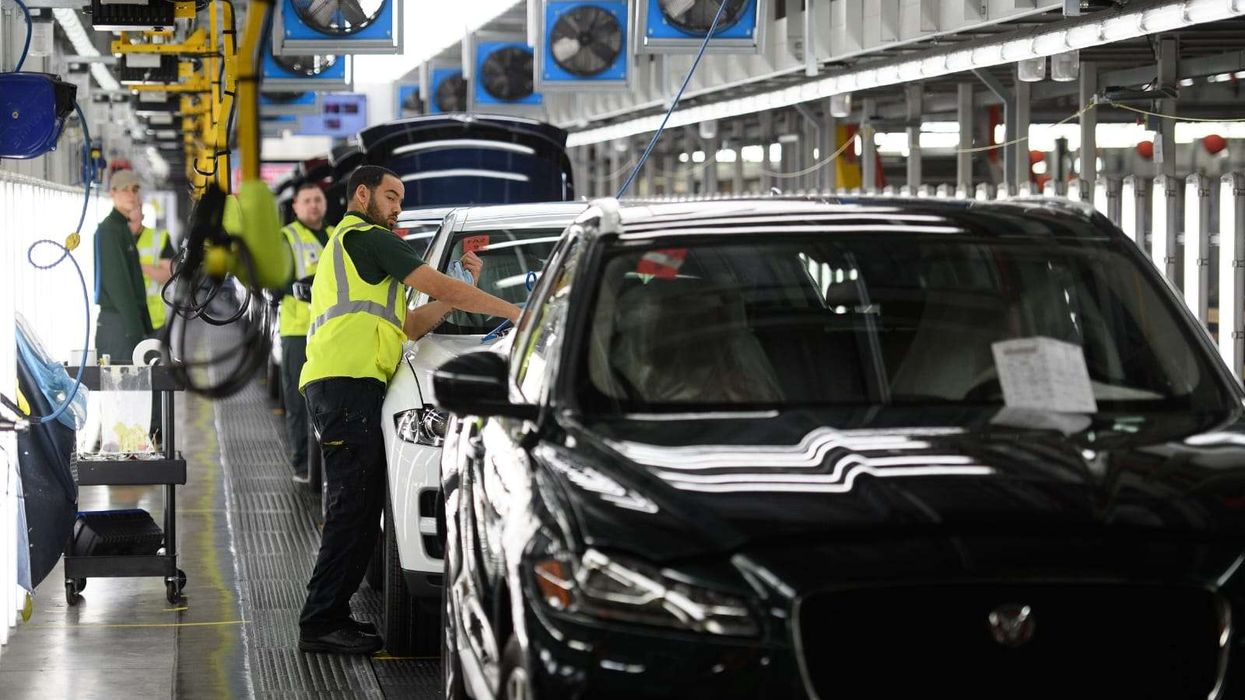MORE than 400,000 garment workers in India's Karnataka have not been paid the state’s legal minimum wage since April 2020, according to an international labour rights organisation that monitors working conditions in factories, reported The Guardian.
The Worker Rights Consortium (WRC) estimates the total amount of unpaid wages so far to be more than £41m.
One worker said she only earned about half of what she needed to cover basic living costs, such as food and rent.
“If we had got the wage increase last year, we could have at least eaten vegetables a few times a month. Throughout this year I have only fed my family rice and chutney sauce,” she told The Guardian.
“I tried to talk to the factory management about it,” she added, “but they said, ‘this is what we pay to work here. If you don’t like it, you can leave.’”
Scott Nova, executive director of the WRC, said: “In terms of number of workers affected and total money stolen, this is the most egregious act of wage theft we’ve ever seen. The children of garment workers are going hungry so brands can make a buck.”
Karnataka is one of India’s garment-industry heartlands, with thousands of factories and hundreds of thousands of workers producing clothing for international brands including Puma, Nike, Zara, Tesco, C&A, Gap, Marks & Spencer and H&M.
Nova said the “indifference and inaction” of all the brands sourcing clothing from the region about the situation facing its mostly poor, female workforce was “shameful and cruel”.
According to him, despite persistent demands from the WRC for the past two years, western brands had either refused to intervene or had not acted to ensure that workers making their clothes were paid in line with Indian law.
“It has been almost two years since apparel suppliers have been refusing to pay the legal minimum wage and brands have been letting this continue when they know they are the only ones with the power to stop this widespread wage theft,” he told the newspaper.
The annual cost of living increase to the minimum wage, the “variable dearness allowance” (VDA), was increased to Rs 417 (£4.10) a month in April 2020. The WRC said that as this supplement for low-paid workers, which amounts to 16p a day, had gone unpaid for 20 months, each employee had been underpaid by Rs 8,351 (£83).
Garment suppliers argue that the Ministry of Labour & Employment issued a proclamation suspending the minimum wage increase shortly after it was implemented in April 2020 and that a legal complaint relating to the requirement to pay the increase was still progressing through the courts in Karnataka.
However, in September 2020, the Karnataka high court ruled that the labour ministry’s proclamation was illegal and that the minimum wage, including all arrears, must be paid to workers regardless of any other court proceedings.
According to the WRC, apparel suppliers make up the only industrial sector across Karnataka refusing to comply with this court order.
Workers in Karnataka told The Guardian that not receiving their pay rise, in the face of steeply rising living costs, had had a devastating effect on their own lives and those of their families, especially their children.
Another woman, who works at a factory making clothing for UK high street brands, said that she had been forced to leave her home and was now living with a relative because she could no longer pay the rent.
Puma, Nike, Gap, Tesco, C&A, Marks & Spencer and H&M, which are among the brands sourcing clothing from Karnataka, all said the newspaper that they were committed to paying the legal minimum wage and expected their suppliers to comply with the high court order.













